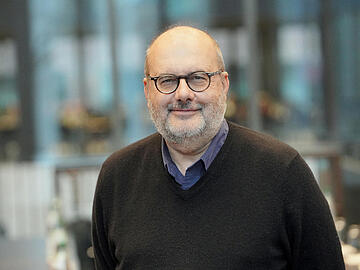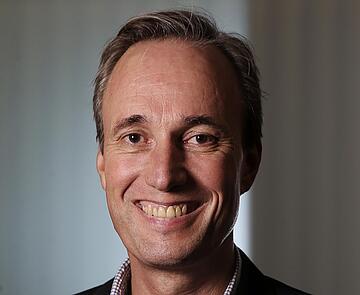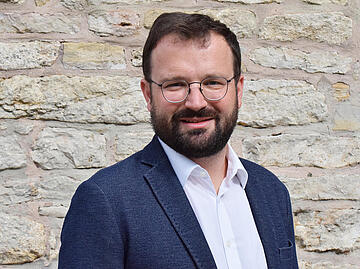Global China Conversations #6
40 Years of Poverty Reduction in China: What are the Challenges?
Topic
China has achieved remarkable success in reducing absolute poverty over the last four decades. The size and speed of the decrease are without precedent. Nevertheless, while real incomes were rising, real inequality was rising too. How can China counter rising inequality? Is "common prosperity" as propagated by President Xi achievable? What (global) economic risks arise from China's political system, which, it is argued, makes the country more vulnerable to corruption and could also make it more susceptible to social unrest during recessions? In our sixth Global China Conversation, we will look back at the drivers behind 40 successful years of poverty alleviation in China, discuss the challenges of rising inequality, and provide an outlook on potential global economic risks.
Program
The event consists of different impulse lectures followed by a discussion.
Global China Conversation #6 will be held in English.
Literature
The impulse lectures refer to the following publications:
Branko M. (2021) China’s Inequality Will Lead It to a Stark Choice, Foreign Affairs
Speakers

Branko Milanović
Branko Milanovic is Senior Scholar at the Stone Center on Socio-economic Inequality at the City University of New York. Milanovic’s main area of work is income inequality, in individual countries and globally, including in pre-industrial societies. He has published articles on these topics in The Economic Journal, Review of Economics and Statistics, and Journal of Economic Literature among others. He is author of Global Inequality: A New Approach for the Age of Globalization (2016) which received the 2017 Bruno Kreisky Prize and 2018 Hans Matthöfer Prize. Branko was awarded (jointly with Mariana Mazzucato) the 2018 Leontief Prize for Advancing the Frontiers of Economic Knowledge. His most recent book Capitalism, Alone was published in 2019 and was translated in fifteen languages.

Martin Raiser
Martin Raiser is the World Bank’s Country Director for China and Mongolia, and Director for Korea. Mr. Raiser is leading a team that is managing an evolving partnership with China, a growing program of support to Mongolia, and a deepening knowledge partnership with Korea focused on innovation and technology. Mr. Raiser previously led the Bank’s programs in Brazil, Turkey, Ukraine, and Uzbekistan.
Mr. Raiser holds a doctorate degree in Economics from the University of Kiel, Germany, and degrees in Economics and Economic History from the London School of Economics and Political Sciences. Prior to joining the World Bank, Mr. Raiser worked for the Kiel Institute for the World Economy and the European Bank for Reconstruction and Development. He is a regular contributor to policy discussions on China and development issues and has published numerous articles and several books.
Moderator

Andreas Fuchs
Andreas Fuchs is Professor of Development Economics, Director of the Centre for Modern East Asian Studies at the University of Göttingen, and Director of the Kiel Institute China Initiative. His research analyzes trade, investment and development policies with quantitative methods and a special focus on China and other emerging economies. He also investigates the political economy of natural disasters, humanitarian crises, and non-militarized conflicts.
